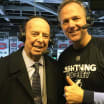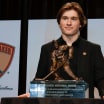It is the explosive opening scene in the 2005 film "The Rocket," a critically acclaimed biopic on the life and times of the Montreal Canadiens' incandescent Maurice "Rocket" Richard.
In the bowels of the Montreal Forum, Canadiens coach Dick Irvin, played by actor Stephen McHattie, is being told that Montreal has just forfeited its game against the Detroit Red Wings on March 17, 1955. A fan's tear-gas bomb is choking the arena, and what would be a historic riot is now unfolding, one that would spill into the streets in protest of Richard's suspension for his having struck an official four days earlier during a game in Boston.
Hall of Famer Irvin had legendary impact on NHL
Enshrined as player, won Stanley Cup four times as coach
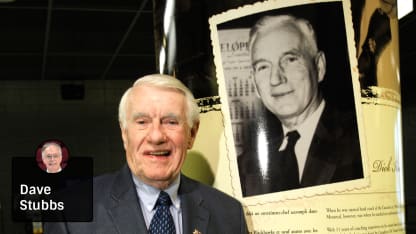
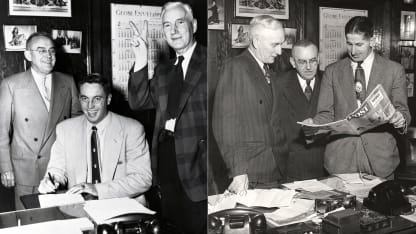
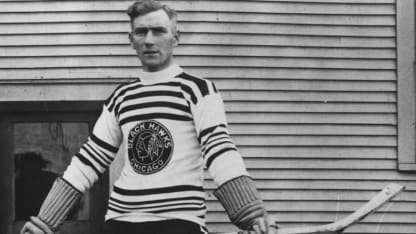
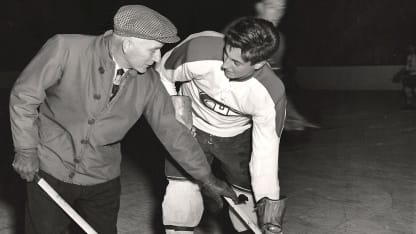
© Dave Stubbs














